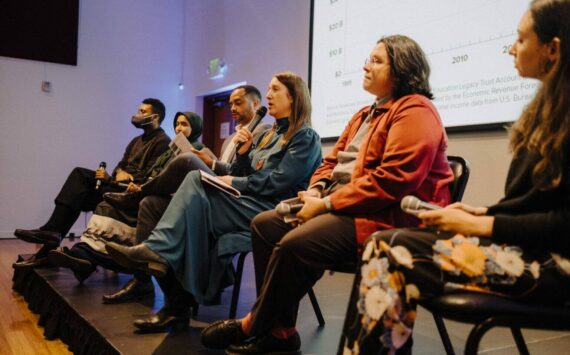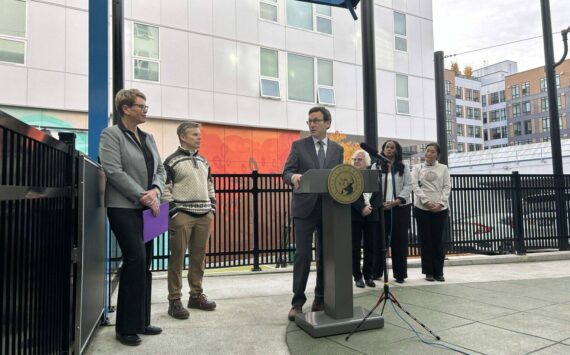BEIJING (AP-CP) The case of a Canadian activist jailed for alleged terrorist links will be handled according to Chinese law and is not subject to consular agreements, a Foreign Ministry spokeswoman said Thursday.
Huseyin Celil made a court appearance last week in Urumqi, the capital of Chinas western Xinjiang region, without the presence of a Canadian diplomat a violation of his rights as a Canadian citizen.
Prime Minister Stephen Harper was reportedly demanding an explanation for what happened.
But Chinas Foreign Ministry spokeswoman Jiang Yu said Celil was a Chinese citizen and that a consular agreement between China and Canada does not apply in this case.
Jiang would not confirm the report and telephones at the Urumqi Intermediate Peoples Court rang unanswered on Thursday. The Canadian Embassy in Beijing said it had no immediate comment.
Celils family told CTV News he is being tortured.
He is being tortured by Chinese police, Celils mother said.
They forced him to sign a confession, or he would be put in a hole and buried alive.
Celil, a member of the Uighur minority group in Xinjiang, was born and raised in China.
He became wanted in the country for his involvement in a campaign for the rights of his people.
He was arrested in China and tortured, but escaped from prison in 2000 and fled to Uzbekistan and Turkey before reaching Canada, where he was given citizenship.
Celils case has been a point of contention between the two sides.
China does not recognize his Canadian citizenship and Ottawa has been aggressively lobbying for his release a move that has angered Chinese officials, as did Canadas granting of honorary citizenship to the exiled Tibetan leader, the Dalai Lama.
The charges against Celil are murky. His family says he is being persecuted because he is a Muslim and a political dissident.
Chinese authorities have long maintained that militants among the Uighurs Turkic-speaking Muslims are leading a violent Islamic separatist movement in the region and are seeking to set up an independent state of East Turkistan.
The separatist movement gained momentum following the dissolution of the former Soviet Union and the establishment of several independent and largely Muslim nations in the neighbouring region.
China says consular agreement doesnt apply in alleged terrorism case
Tags: Beijing, Canada, Canadian Embassy in Beijing, China, Chinas Foreign Ministry, Chinese police, CTV, diplomat, Foreign Ministry, former Soviet Union, Jiang Yu, leader, Ottawa, Prime Minister, Soviet Union, spokeswoman, Stephen Harper, the Dalai Lama, Turkey, Urumqi, Urumqi Intermediate Peoples Court, Uzbekistan




